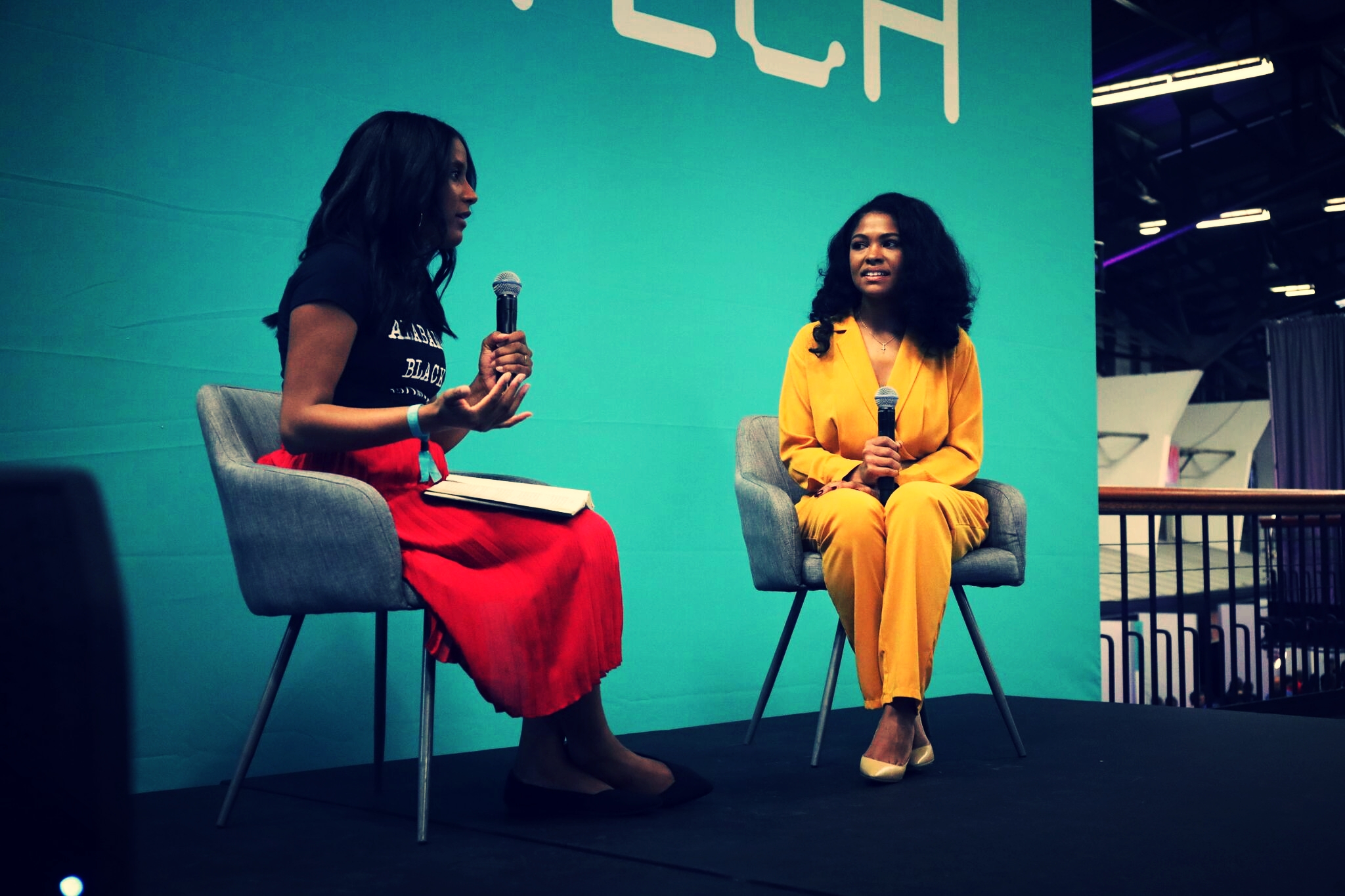Reflections

If you’re reading this looking for answers, I don’t have them.
I’m working on protecting my sanity and my family so that I’m not consumed in grief.
Hard stop.
This is a free-flow of thoughts--a gently edited stream of consciousness on my reflections and emotions during this time of pain in my community. I am devastated. I could choose to focus only on moving forward, but I’ve got a story in my heart and in my DNA that I have to share.
My parents didn’t tell me to be afraid of the police. They didn’t have to. Being raised in Montgomery, AL, racism was in the water I drank as a child. There are monuments, literally everywhere, to pain, struggle, and inequality at the hands of the police. When driving in Alabama, there are places you just don’t stop and questions you just don’t ask. There are free-standing memorials to where we couldn’t sit, where we couldn’t stand, where we couldn’t ride the bus. There was no space or opportunity to be confused--it was clear where we stood.
Because of this, when I see police anywhere or if I get pulled over, my body goes into immediate panic mode. It is horrifying. I begin to sweat and think to myself, “don’t ‘act’ guilty” (whatever that’s supposed to mean); don’t argue-- just get out of here as quick as possible.” I’m sure many people who look like me know the feeling of leaving a store and just wanting to double check you didn’t steal anything? Like, how crazy is that?! I learned the hard way that there doesn’t have to be a reason, so I needed to do everything in my power not to give them one. A reason was a guaranteed, one-way ticket to a bad experience.
I called my Dad before I wrote this because he’s my best friend. His past and his story move me so deeply and I wanted to tap into that space, that feeling of home, as I wrote. I have distinct memories of the stories he shared with us when we were younger. He and his family were gassed in a church in Greenville, AL attempting to hear Dr. King give a speech. He was 12 when Martin Luther King, Jr., John Lewis, Amelia Boynton and thousands others marched from Selma to Montgomery to bring attention to the murder of Jimmie Lee Jackson at the hands of an Alabama state trooper. They marched to fight the disenfranchisement of African Americans in everyday society, but in particular at voting polls. My mom, raised between Detroit, MI and Montevallo, AL experienced the struggle of the South and the supposed promise of the North. But even as a girl growing up in Alabama in the 1990’s and early 2000’s, decades later, I’ve experienced this harsh reality for myself. I’ve been refused service in a restaurant; pulled over by police for no reason and asked extremely inappropriate questions; and seen black men emasculated and demeaned by officers simply as a show of force and power. Traumatic.
I called my Dad before I wrote this to talk about the past. We have to use the context of the past to understand what’s happening today. The fact that our brothers and sisters are still being mishandled and murdered by law enforcement, is deeper than police culture. The seeds of aggressive police behavior were planted in and grew from the soil of white American culture. Now, I don’t want to dig into my academic sociological background too far (this stuff is my passion and life’s work), but what I mean by this is during the Jim Crow era, you weren’t taught specifically how to act around police, you were taught how to properly act around white people--whether they were police officers or your average Bob walking down the street. During Jim Crow, you couldn’t look a white person in the eye. If you passed them in the street, you had to get off the sidewalk. When my Dad’s family went to town, they had to know how to “act”. This is how many (not all) white (and some black) police officers expect black people to behave. Yes, sir. No, sir. I’m sorry, sir. It was an accident, ma’am. Even black police officers can perpetuate the mistreatment of black folks as a direct result of assimilation into a system and culture where blackness is seen as a weapon. This is the foundation. It is unjust, disgusting, and flat out fucking racist. Further, the danger in this story is that even if black people walk this thin-as-thread line of respectability perfectly...you can still be killed.
I called my Dad before I wrote this to see how he’s feeling now. He was very strong in his stance and genuinely feels in his heart that a lot has changed generally (“It’s 200% better,” he says). This point is important and often overlooked. So many people today are saying “nothing has changed” and “it’s the 1950s all over again” and that’s aggravating. Because let’s be clear, the abhorrent brutality, the public (not metaphorical) lynchings, the rampant cross burnings, the soul-stirring fear imposed by powerful whites during reconstruction and Jim Crow are behind us. He described it as learning to live in constant terror. My God. There were no cell phones then, no body cams, no public outrage, no push for aggressors to be held accountable, it was life….everyday. And I want people to think about the difference before we appropriate the pain of that period. This is different. This is an evolution of that time. But while he says some things have changed, he is firm that unfortunately we still have a long way to go.
You can look them in the eye, you can stay on the sidewalk, but the worst went underground. And so today, the main way that the white people who really have disdain for black people can publicly shame us and berate us as the holders and enforcers of power are as enforcers of law--as police officers and politicians and even employers. These professions are ones where there is a legal allowance of power and latitude of control to be asserted over us as black people to the point of murder. So as long as that is the case--that white people can hold these roles and assert their private racism publicly--we will never be equal. The minority needs to become the majority and that’s happening slowly but surely. And it’s scaring the hell out of white people according to my Dad. “It would scare me too if I were them, but we’re sick of this shit!” -- he said when I asked him about the recent protests and unrest. Stop. Killing. Us.
So, all of this to say, what happens now? Remember, I said if you’re looking for answers, I don’t have them. But I promise, I’m working on it. I’m working with my family on how we can affirm our voices and fight from a personal space for our freedom and humanity. I am confident that I can help create a version of America where my son doesn’t have to go through the transition of cute and mushy to scary and threatening. One of my favorite sayings is “we didn’t inherit this world from our parents, but we are borrowing it from our children.” Everything I do is to make this world better for Holston and to make my parents proud of the opportunities they worked hard for me to have. I am working with my firm to think about how we can better support black founders and technologists & how we can reallocate capital and opportunities for funding in a dynamic, thoughtful way. I’m working with my husband, a black therapist, to create mental health resources to help our community manage the trauma in a healthy way. I’m working on building a future for my family. There’s so much to do, and I’m only one person and I’m tired y’all, but we are strong together as a black community. I love us for real. I love us deep. #blacklivesmatter #blackboyjoy #blackgirlmagic #beaboutit #sayhername #saytheirnames
My Dad, Lester Holston, Jr., and my son, Holston Alexander.
Say Their Names…






